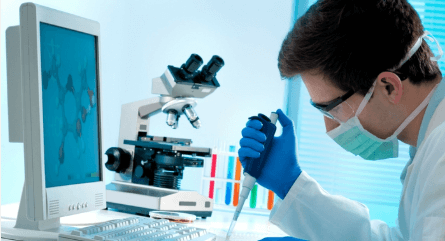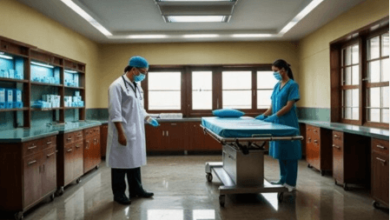Laboratory Services for Comprehensive Medical Testing

The significance of laboratory services in comprehensive medical testing cannot be overstated, as they serve as the backbone of informed clinical decision-making. By providing a vast array of tests, from routine blood work to advanced genetic analysis, laboratories contribute critical insights that shape patient management strategies. Recent technological advancements have further enhanced the precision and efficiency of these services. However, the implications of these developments raise essential questions about the future of patient care and the evolving role of laboratory professionals. What challenges and opportunities lie ahead in this rapidly changing landscape?
Importance of Laboratory Services
Laboratory services are crucial in the medical field, as they consistently provide essential data that informs clinical decisions.
Ensuring quality assurance and lab accreditation is vital for maintaining test accuracy, which directly impacts patient safety.
Types of Medical Tests
In the realm of healthcare, a diverse array of medical tests plays a pivotal role in diagnosing, monitoring, and managing patient conditions.
Blood tests evaluate physiological parameters, while diagnostic imaging visualizes internal structures.
Genetic testing assesses hereditary risks, and tests for infectious disease identify pathogens.
Collectively, these methodologies provide critical insights, enabling healthcare professionals to tailor treatment plans effectively and enhance patient outcomes.
See also: Home Health Care Services for In-Home Medical Care
Advancements in Laboratory Technology
Recent innovations in laboratory technology have significantly enhanced the capabilities and efficiencies of medical testing.
Automation improvements streamline workflows, reducing human error and accelerating turnaround times. These advancements contribute to increased diagnostic accuracy, allowing for more reliable results.
As laboratories adopt cutting-edge instruments and techniques, the overall quality of medical testing continues to evolve, ultimately supporting better health outcomes and informed clinical decisions.
Role in Patient Care
Effective patient care relies heavily on the integration of laboratory services, which provide critical information for diagnosis, treatment, and monitoring.
Enhanced diagnostic accuracy is pivotal in formulating effective treatment plans, directly influencing patient outcomes.
Conclusion
Laboratory services are integral to effective medical testing, significantly impacting patient care and outcomes. Data indicates that approximately 70% of clinical decisions rely on laboratory test results, underscoring their critical role in diagnosis and treatment planning. With advancements in technology enhancing accuracy and efficiency, these services contribute to the development of personalized treatment strategies. As healthcare continues to evolve, the importance of reliable laboratory services remains paramount in ensuring optimal health outcomes for patients.





